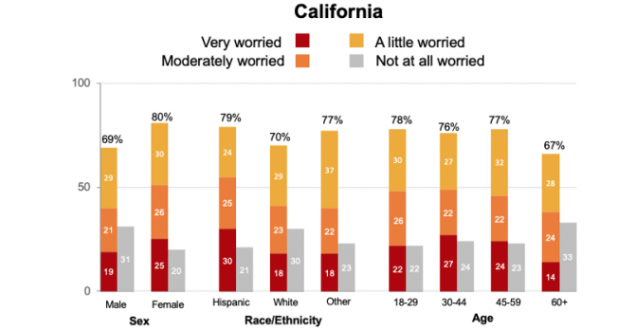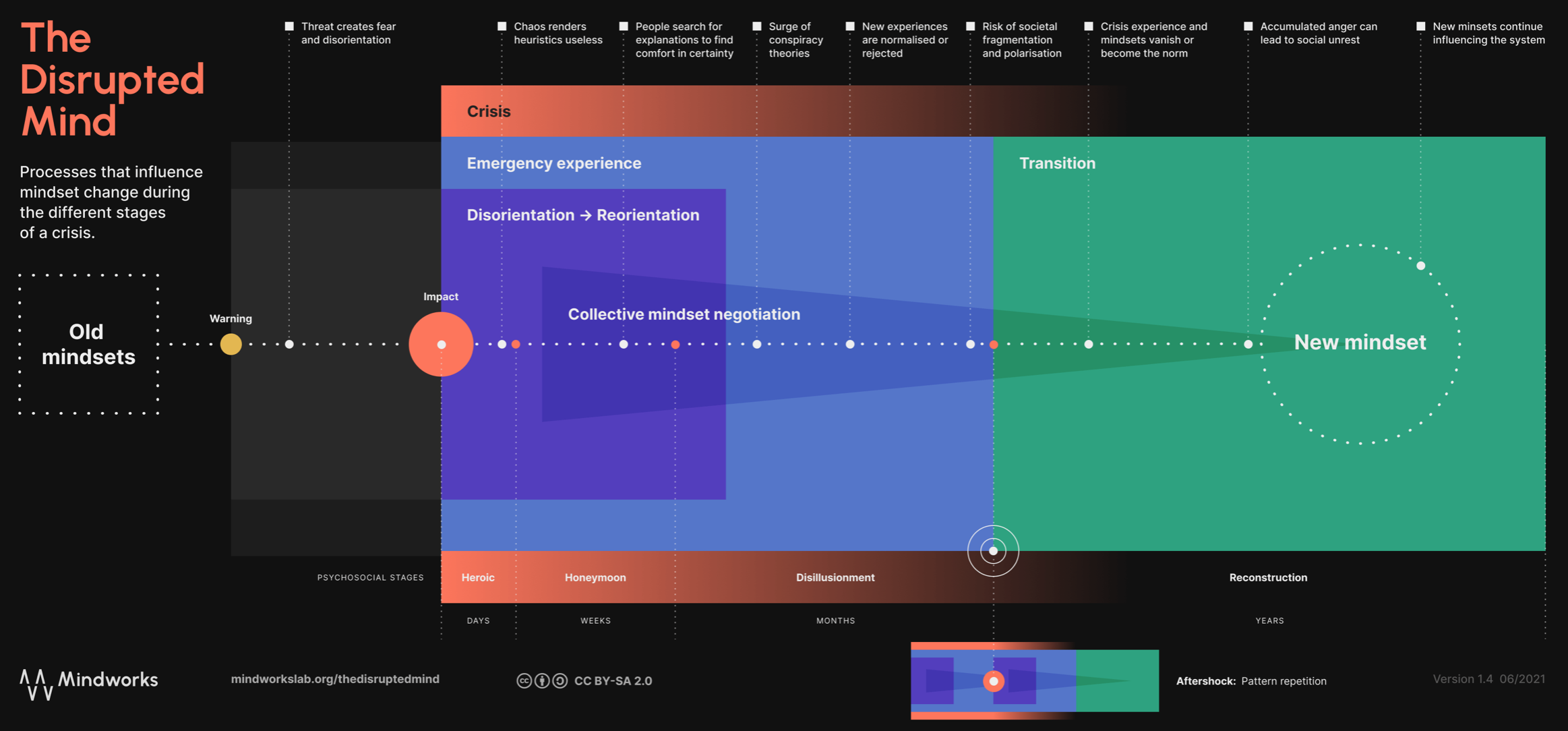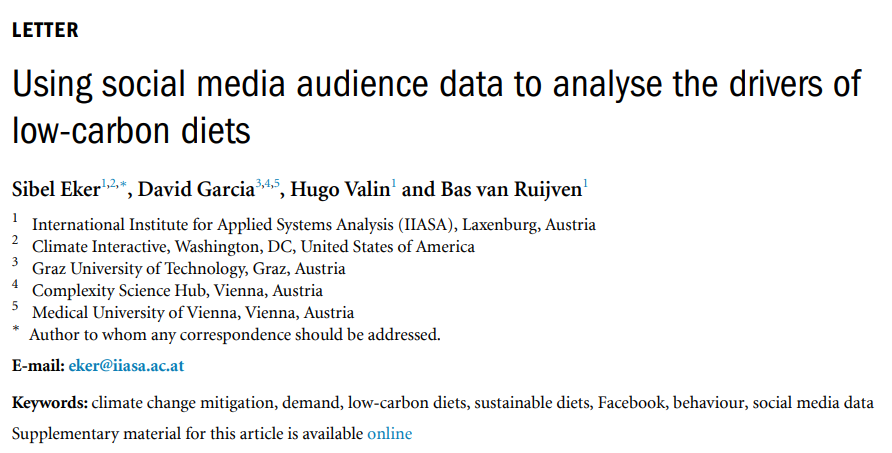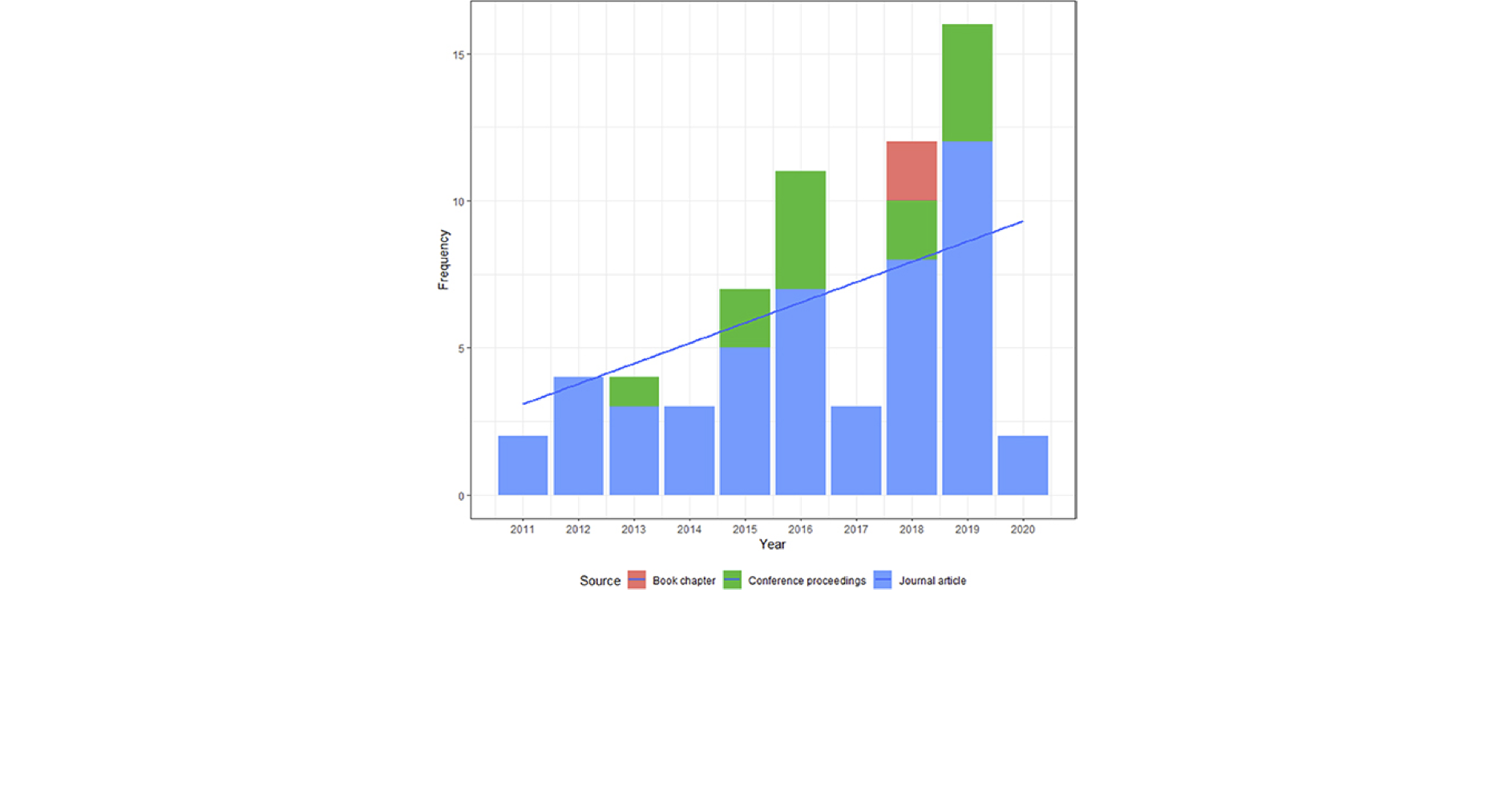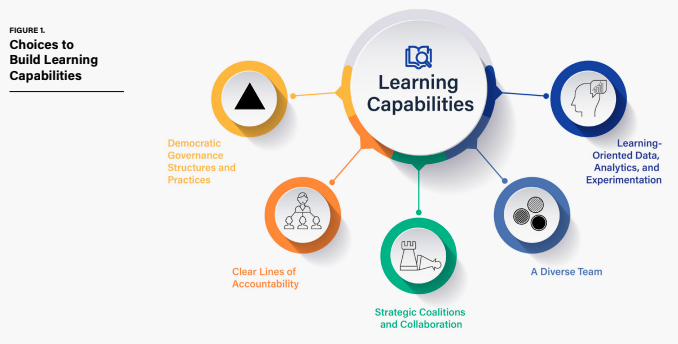Resources
Search below for resources covering the intersection of climate engagement, social science and data analytics.
RESULTS
End of the Line: Environmental Justice, Energy Justice, and Opposition to Power Lines
Opposition to energy infrastructure is often labeled by developers as NIMBYism, but frontline communities have legitimate concerns and risk perceptions, or are left out of democratic decision making processes. In cases involving the siting of power lines, community groups are most successful in stopping the line or achieving remediation when they build broad coalitions of support within and outside of their communities and/or have government support at any level (including local, state or provincial, federal, and Indigenous).
Beat the Heat: Extreme Heat Risk Perceptions & Air Conditioning Ownership in California
Using data from the Heatwave Risk Perceptions map, researchers found that:
- Women in California are more worried than men about the risk of extreme heat events; and non-White Hispanic residents are more worried than respondents who identified as “White” or “Other"
- Even though the elderly are more vulnerable to heat, we also found that older populations are the least worried about these threats
- Three times as many Democrats (27%) as Republicans (9%) are “very worried” about the local occurrence of extreme heat waves
- Fewer Hispanic respondents (48%) have central AC compared to White, non-Hispanic respondents (58%). Respondents who are homeowners (59%) are more likely to have central AC than renters (39%).
The Role of Personal Experience and Prior Beliefs in Shaping Climate Change Perceptions: A Narrative Review
There is some link between experiencing climate change events and changing people’s beliefs, but the link is not always so clear. This resource finds that local warming can generate climate change concern, but the capacity for personal experience to promote action may rely upon the experience first being attributed to climate change. Rare extreme weather events will likely have limited impact on judgments and decisions unless they have occurred recently. However, even recent events may have limited impact among individuals who hold strong pre-existing beliefs rejecting the reality of climate change. This aligns with behavioral decision research highlighting the importance of pre-existing values and beliefs in shaping how individuals experience changes in environmental conditions.
Climate Change in Your Backyard: When Climate is Proximate, People Become Activists
As climate change is perceived (or experienced) to be more proximate, people are more likely to take political action. A survey experiment of Californians found an 11% increase in climate activism (message writing to policymakers) among respondents who were primed with messages emphasizing the temporal and physical proximity of climate vs. the placebo group.
Research findings suggest that climate organizers should:
- Frame climate change in a way that reduces psychological distance by using the present tense and talking about it as issue that is happening "here and now"
- Avoid overly-negative messages which can de-motivate action by reducing efficacy
- Focus on the concrete actions that will help solve the problem
The Disrupted Mind
This guide explores how disruptive crises (like the COVID-19 pandemic or climate-fueled extreme weather events) have profound impacts on societal mindsets. They can cause us to deconstruct narratives (“working from home does not work”), set new norms (“we don’t let our child play with other children anymore”), shape new identities "I feel like a victim"), establish new values: (“we shall sacrifice to save others” – universalism) or build up emotions (the rise in hedonism, fear, loneliness or gratitude). After a disruption has impacted individual mindsets, societies negotiate renewed collective mindsets, i.e. narratives, norms and values, through collective sense-making processes. This happens through diverse, mostly unstructured communication ranging from political discourse to social media chatter.
Research-based recommendations for organizers and advocates include:
- Use the "disorientation phase" following an emergency experience to introduce and amplify radically new stories that reestablish meanings.
- Use sensing activities, observation, and scenario planning to speed up the "re-orientation phase," including proposing and evaluating possible post-crisis trajectories.
- Match their messages of change to existing crisis experiences and strategically create experiences that reinforce the mindset change they want to create.
Using social media audience data to analyse the drivers of low-carbon diets
Increasing education around low-carbon diets (e.g., vegetarianism) is important for encouraging that type of behavioral shift. Using ad-based data from Facebook, the researchers analyzed individuals’ interest in vegetarianism and sustainable living across 61 countries. They find that across countries education is the main determinant of interest in vegetarian diets. While raising awareness about these diets is not a direct measure of educational attainment, the researchers conclude that raising awareness about sustainable consumption is a good step. Women are also more likely to be interested in low-carbon diets, as are younger individuals. Practitioners who aim to increase the adoption of low-carbon diets should consider these factors when developing initiative and policies.
Gamification for climate change engagement: review of corpus and future agenda
Gamification is a viable way to get people engaged on climate change. This review of 64 research papers on the impact of various climate games and gamification found that they are generally having a positive effect. Whether the games are digital or analog, they tend to make participants less fatalistic about climate change and more motivated to take climate action. For example, games where players interact with peers often result in increased optimism about local and international cooperation to address climate change.
A broader mind: concern with other humans, equality, and animals
To create pro-environmental behavior change, use targeted messages that activate one of three basic values: concern for other humans, for equality, and for other living things. This resource reviews the research on these three values as motivators of sustainable behavior and provides concrete recommendations for how to activate them:
• To activate prosociality, or concern for humans, emphasize climate change’s harm to future generations.
• To activate egalitarianism, or concern about equality, emphasize climate change’s harm to those suffering the most (and who often have contributed the least to climate change), such as people living in hot and vulnerable climates.
• To activate concern about animals, emphasize climate change’s harm to animal life. Research shows that this even works when discussing harm to insects!
Understanding Strategic Capacity in Constituency-Based Organizations
Two core ways that movement organizations can build and wield “strategic capacity” are by (1) continuously learning about what tactics have worked and which haven’t and (2) re-organize or adapt its resources to new challenges and opportunities. “Strategic capacity” is the ability of an organization to make decisions with uncertain information about how to deploy its resources to achieve a goal. Democratic governance structures within organizations can be especially key in building and deploying strategic capacity. This report delves into much more detail about each of these components and describes a few organization case studies, such as of Deep South Center for Environmental Justice, Dakota Access Pipeline protests, and 38 Degrees. A secondary attached report provides guidance on how an organization can execute a process to evaluate its own strategic capacity.
Using Virtual Reality in Sea Level Rise Planning and Community Engagement—An Overview
Consider using virtual reality to convey the reality of sea-level rise. In three coastal communities, VR simulations of sea-level rise were found to do a better job than conventional maps in helping people visualize projected impacts. Residents familiar with the locations had especially strong emotional reactions to the images shown during the simulations. This study also finds that it is important to involve local residents in the planning and promotion of virtual reality simulations of sea-level rise.
Pagination
- Previous page
- Page 3
- Next page

